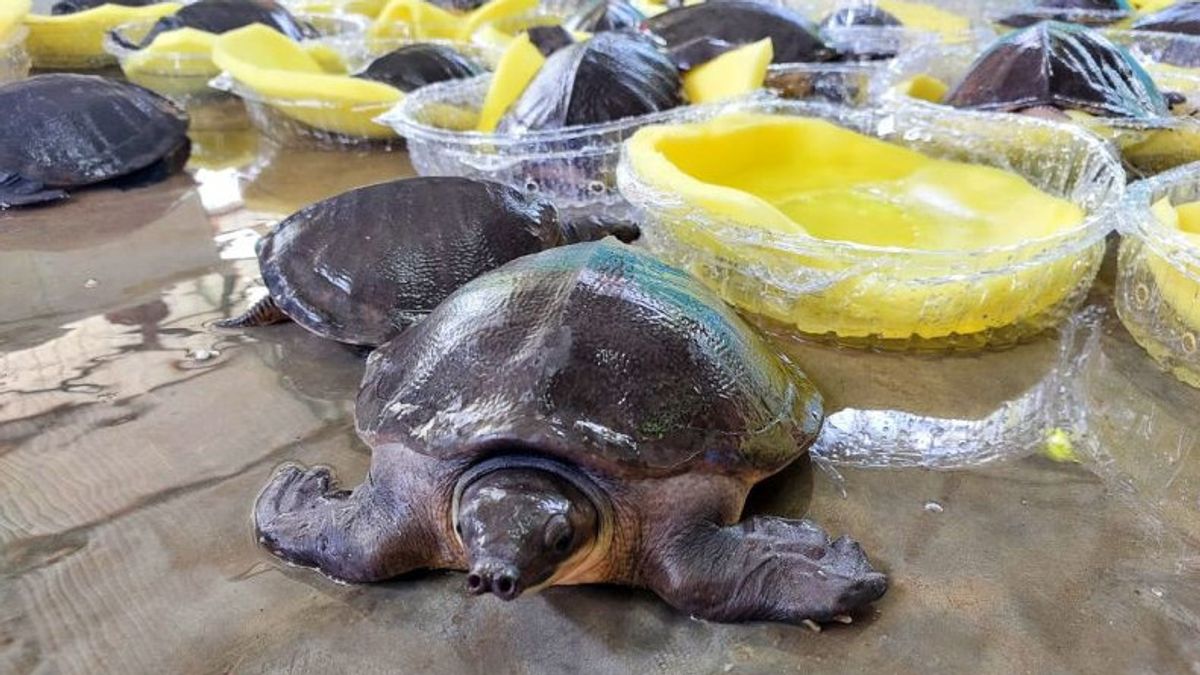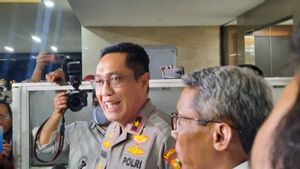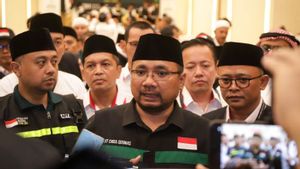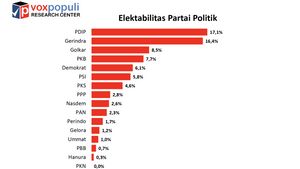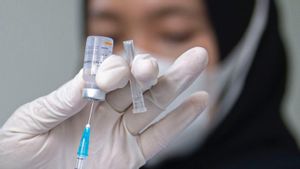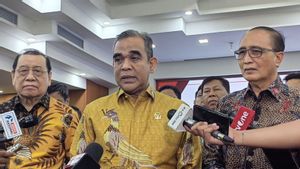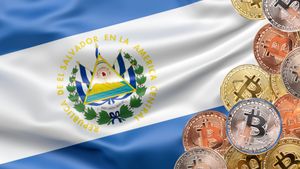JAYAPURA - The Papua Natural Resources Conservation Center has received a total of 500 pignosed laboratories (Carettochelys insculpta) which were moved from Bali to Papua in stages by the Bali Natural Resources Conservation Center.
Head of the Conservation Section for Region II Timika Bambang H. Lakuy conveyed that the transfer of pignose labors from Bali to Papua was carried out in nine trips from May 8 to July 3, 2023.
According to him, the pignose laboratories are transported from Bali to Papua every Monday since May 8, 2023.
In the first trip, there were 40 pignosed labs that were brought to Papua and in the second to eighth try, each with 60 pignosed labs transported from Bali to Papua.
On the ninth trip or last trip on Monday, July 3, 2023, there were 40 pignosed labs transported to Papua from Bali.
Bambang conveyed that all the pignosed labi that were sent to Papua were in good health and were undergoing habituation at the Mile 21 transit cage, PT Freeport Indonesia.
"Every arrival of the pignosed labi-labi includes antistres drugs from the Bali BKSDA and upon arrival at the transit cage, we usually take a break for a while, then one by one we give medicine, after that we release it in an artificial pool to undergo habituation", he explained.
另请阅读:
Meanwhile, the Head of the Bali Natural Resources Conservation Center, Agus Budi Santosa, said that the 500 pig-nosed laboratories transferred to Papua were confiscated animals.
Before being brought to Bali, the pig-nosed labi were hospitalized for eight years at Bali Safari and Marine Park, the Bali BKSDA development conservation agency.
"As many as 500 pignosed labi-labis have been completely translocated from Bali to Papua to be released into their natural habitat", said Agus.
Head of the Papua Natural Resources Conservation Center, Ag Martana, expressed his gratitude to BKSDABali, PT Freeport Indonesia, and Bali Safari and Marine Park for helping to treat the pignosed labi-labi and move them to Papua.
Pig-nosed labs are classified as endangered animals according to the International Union for Conservation of Nature and Natural Resources (IUCN) and are protected species in Indonesia.
The English, Chinese, Japanese, Arabic, and French versions are automatically generated by the AI. So there may still be inaccuracies in translating, please always see Indonesian as our main language. (system supported by DigitalSiber.id)
